Hey there!
You’re about to embark on a journey that’s not just about eating right, but living right.
Nutrition isn’t just a fancy word dietitians throw around; it’s the cornerstone of a healthy lifestyle.
Think of it as the fuel that powers your body’s engine.
But don’t worry, this won’t be a boring lecture.
Together, we’re going to explore the ins and outs of eating well, making it both fun and fulfilling.
So, are you strapped in and ready to give your body the love it deserves?
Let’s get started!
Understanding Macronutrients
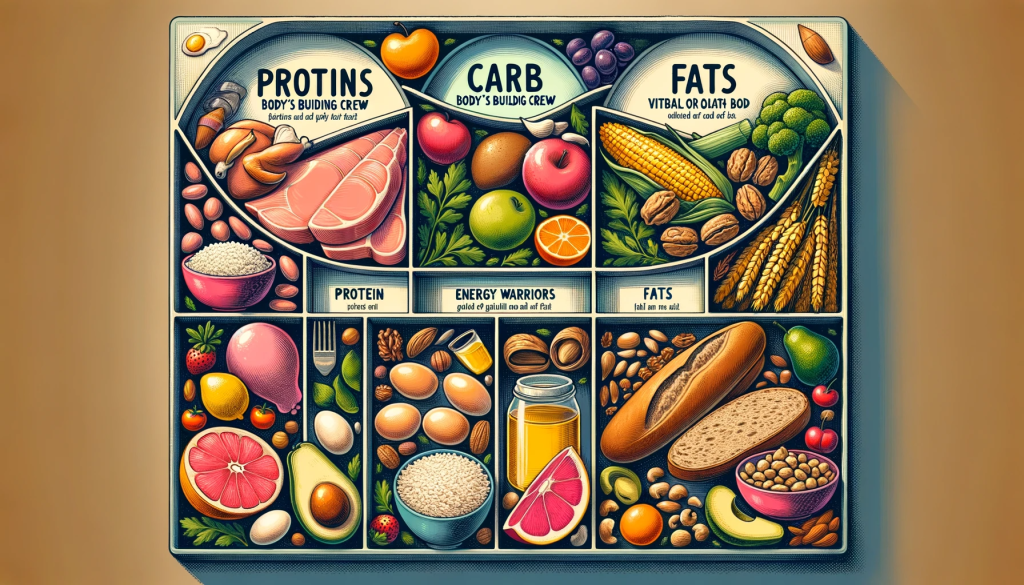
First things first, let’s talk about the big guys: macronutrients.
These are the proteins, carbs, and fats that your body needs in large amounts.
Imagine them as the primary building blocks of your diet. Proteins are your body’s building crew, repairing and building your tissues.
Carbs?
They’re your energy warriors, keeping you charged and ready to go.
And fats, often misunderstood, are actually vital for energy and supporting cell growth. The trick here is balance. You don’t want too much of one and too little of another.
It’s like a dance where everyone needs to be in sync.
Try to include a bit of each in every meal – a piece of chicken, some brown rice, and a dash of olive oil, for example.
Simple, right?
The Power of Micronutrients

Now, let’s shine some light on the unsung heroes: micronutrients.
These are your vitamins and minerals, needed in smaller amounts but equally crucial.
Think of them as the backstage crew that ensures the show runs smoothly. From keeping your bones strong to boosting your immune system, they’ve got a lot of ground to cover.
The best way to get your fill? Eat the rainbow! No, not actual rainbows, but foods of different colors. Each color usually represents a different set of nutrients.
So, a plate full of colorful veggies and fruits isn’t just pleasing to the eye, it’s a micronutrient jackpot!
Hydration and Its Role in Nutrition
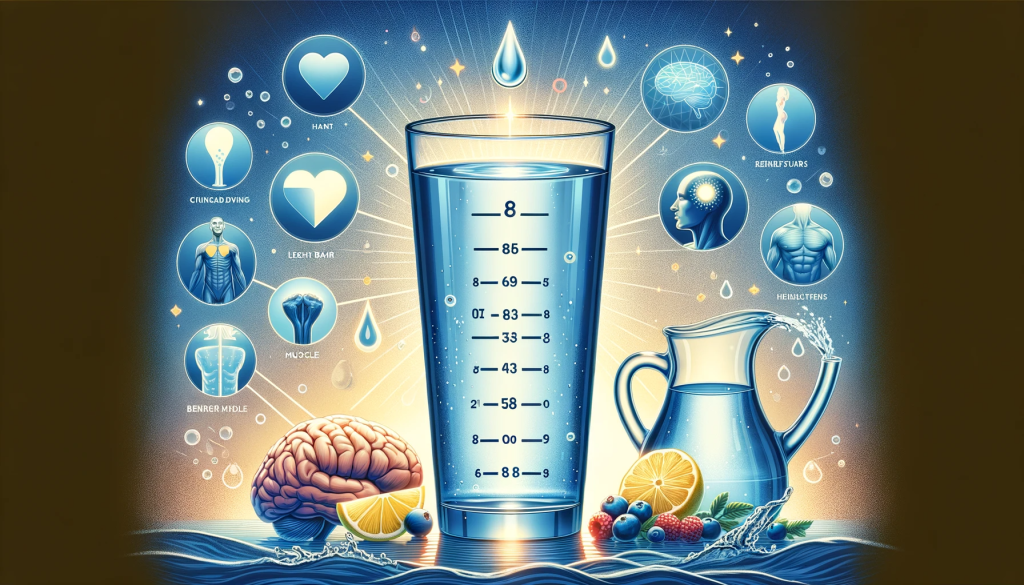
Moving on, let’s talk water.
Yes, good old H2O is a nutritional superstar.
Hydration is key to almost every bodily function you can think of. It’s like the oil that keeps your engine running smoothly.
Dehydration?
That’s like running your car without oil. Not good.
The rule of thumb is to drink about 8 glasses of water a day, but hey, more is always better.
And if water’s too bland for your taste, throw in some lemon slices or berries to jazz it up.
The Science of Portion Control
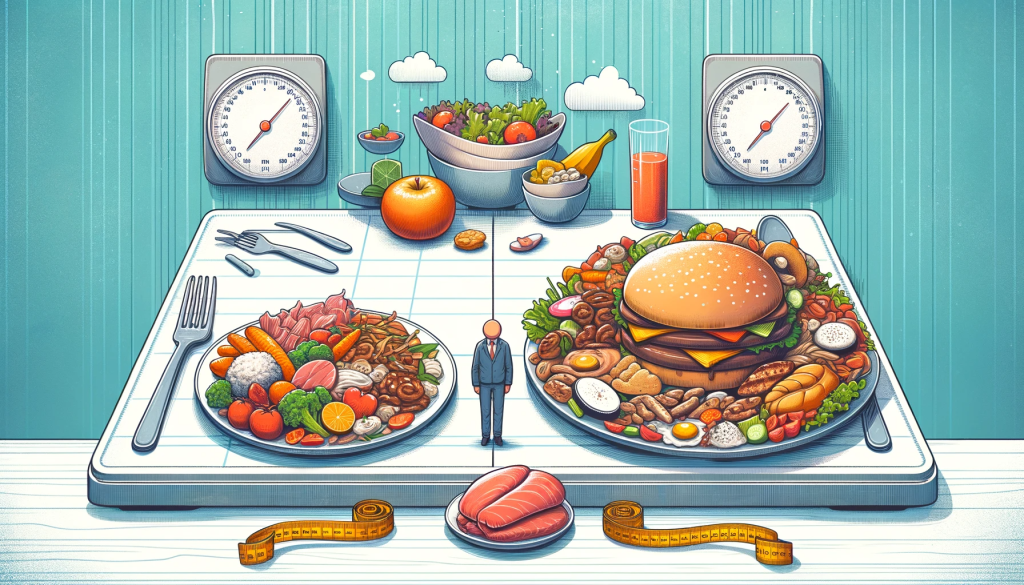
Portion control is where many of us trip up.
It’s not just what you eat, but how much of it you eat. Ever heard of the saying “Too much of a good thing”?
That’s portion control in a nutshell.
The idea is to eat enough to satisfy your hunger without going overboard.
A good trick is using smaller plates – it’s like fooling your brain into thinking you’re eating more than you actually are.
And remember, eating should satisfy your hunger, not make you feel like you’re about to burst.
Research-Backed Nutrition Strategies
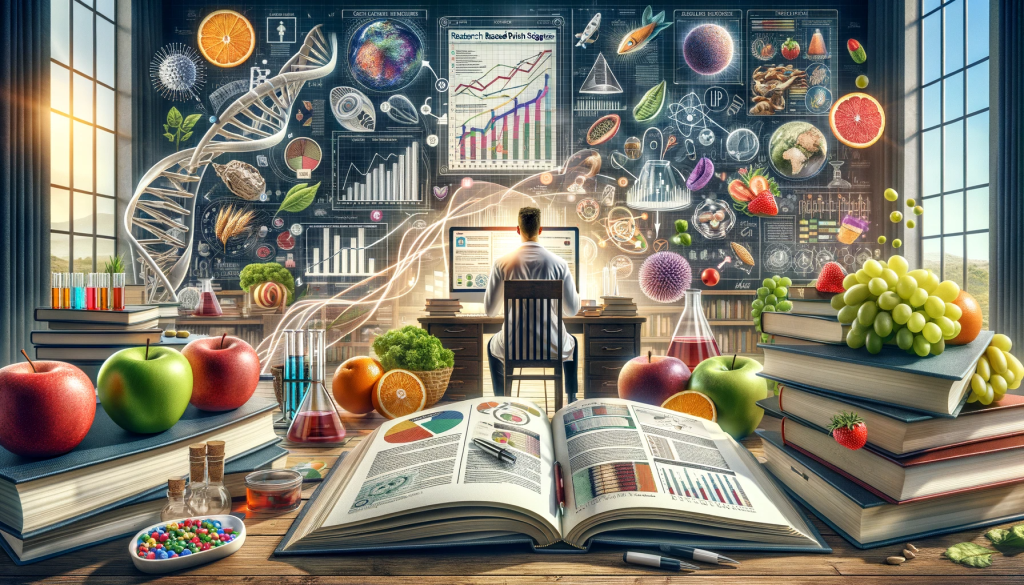
Alright, let’s get a bit nerdy here. Research is our best friend when it comes to understanding nutrition.
For instance, a study published in the American Journal of Clinical Nutrition found that high-protein diets can enhance satiety and aid in weight loss.
Another study in the Journal of Nutrition and Metabolism highlighted the benefits of a diet rich in fruits, vegetables, and whole grains in preventing chronic diseases.
These studies aren’t just numbers and data; they’re roadmaps to healthier eating.
Debunking Common Nutrition Myths

Now, let’s bust some myths. Ever heard that eating fat makes you fat? Wrong.
Healthy fats, like those from avocados and nuts, are essential for your body.
Or what about the idea that skipping meals helps you lose weight?
Nope, it actually can slow down your metabolism. It’s time we ditch these myths and get our facts straight.
Planning Balanced Meals
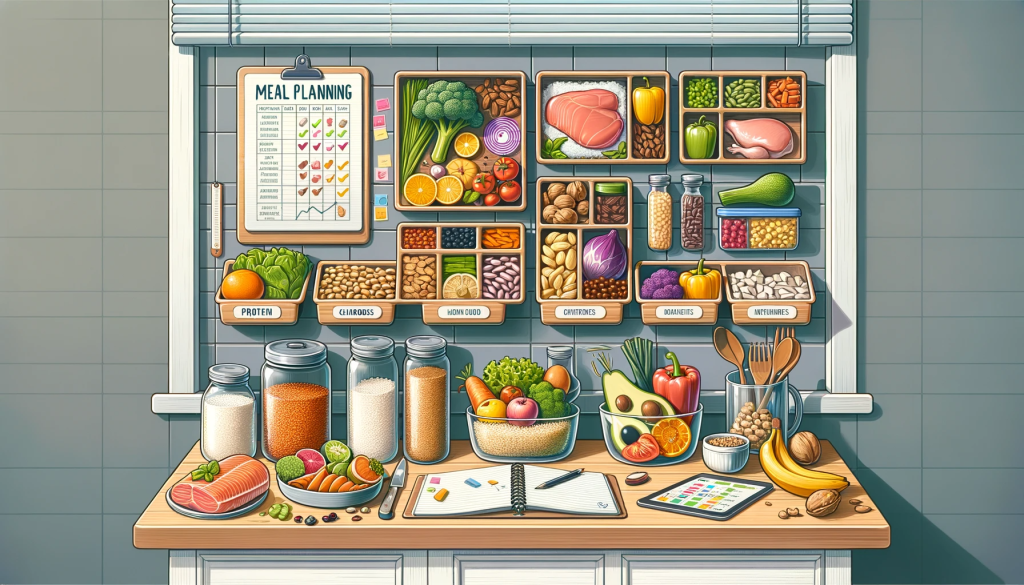
Planning your meals can be the game-changer in your nutrition journey.
A balanced meal includes a source of protein, a portion of carbs, and some healthy fats.
Don’t forget to throw in some veggies or fruits for those micronutrients.
And hey, meal planning isn’t just good for your health; it’s great for your wallet too. No more last-minute takeouts!
Healthy Eating for Different Lifestyles

Your lifestyle plays a big role in your dietary needs.
If you’re super active, you might need more carbs for energy. Living a more sedentary life?
Focus more on protein and less on heavy carbs.
And if you’re vegan or vegetarian, there are plenty of plant-based proteins and iron sources out there.
Eating right isn’t one-size-fits-all; it’s about finding what works for you.
Conclusion

And there we have it! Nutrition isn’t just about following a strict diet or munching on salads all day.
It’s about understanding what your body needs and giving it just that. Remember, small changes can lead to big results.
So, why wait? Start making those smarter food choices today and watch as your body thanks you in ways you never imagined.
And hey, don’t forget to enjoy the journey – after all, good food is one of life’s greatest pleasures!
